The Power of Prayer: Dunkirk 1940
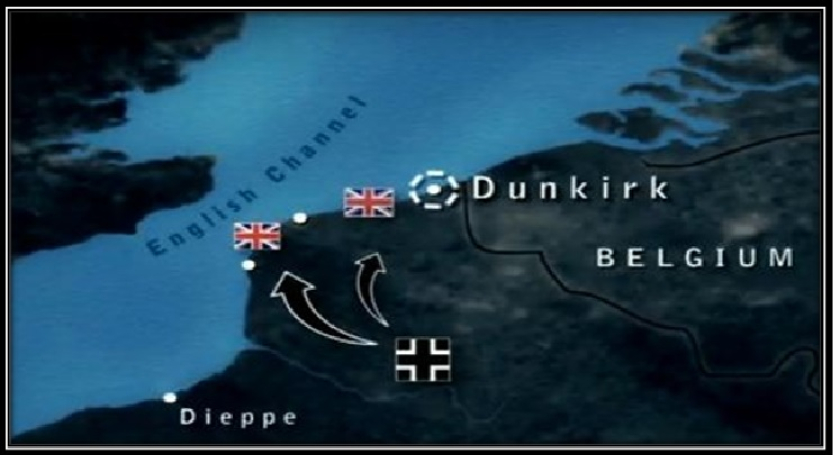 May 1940 was a time of grave crisis for the British Empire and for the whole civilized world….Winston Churchill feared that it would be his hard lot to announce the greatest military disaster in our long history while on 27th May, The German High Command announced:
May 1940 was a time of grave crisis for the British Empire and for the whole civilized world….Winston Churchill feared that it would be his hard lot to announce the greatest military disaster in our long history while on 27th May, The German High Command announced:
The British army is encircled and our troops are proceeding to its annihilation.
With the entire front collapsing rapidly, the decision was reached at home to evacuate our forces from the Continent.
But the only port from which to evacuate the British Expeditionary Force was Dunkirk, and that was already being seriously threatened by the Germans. Churchill said:
I thought – and some good judges agreed with me – that perhaps 20,000 or 30,000 men might be re-embarked. …The whole root and core and brain of the British army … seemed about to perish upon the field or to be led into captivity.”
All therefore seemed about to be lost. But, Britain had a godly king. Seeing this situation developing, his majesty king George VI requested that Sunday, 26 May should be observed as a National Day of Prayer. In a stirring broadcast, he called the people of Britain and the Empire to commit their cause to God. The whole nation was at prayer.
Together with members of the Cabinet, the King attended Westminster Abbey, and millions of his subjects in all parts of the Commonwealth and Empire flocked to the churches to join in prayer. The whole nation was at prayer on that Sunday. Photographs would be seen of people queuing to attend the service that Abbey itself was so overcrowded!
So much that the following morning the Daily Sketch exclaimed, “Nothing like it has ever happened. In its hour of deep distress a heart-cry from both monarch and the people alike was going up to God in prayer. And that cry did not go unanswered. For very soon at least three miracles then happened:
The first was that for some reason—which has never yet been fully explained—Hitler overruled his generals and halted the advance of his armored columns at the very point when they could have proceeded to the British army’s annihilation. They were now only ten miles away!
A second miracle was a storm of extraordinary fury broke over the Flanders on 28th Tuesday May, grounding the German Luftwaffe squadrons and enabling the British army formations, now eight to twelve miles from Dunkirk, to move up on foot to the coast in the darkness of the storm and the violence of the rain, with scarcely any interruption from aircraft, which were unable to operate in such turbulent conditions.
The Fuehrer had obviously not taken the weather into his reckoning, nor the One who controls the weather.
The third miracle was despite the storm in Flanders, a great calm-such as has rarely been experienced settled over the English Channel during the days which followed, and its waters became as still as a mill pond…this enabled a vast armada of little ships, big ships, warships, privately owned motor-cruisers from British rivers and estuaries to ply back and forth in a desperate bid to rescue as many of our men as possible. As a result 335,000 men of the British army were evacuated from Dunkirk!
There were many so many ships involved in the evacuation that this is the way in which Douglas Bader, the legless Spitfire fighter ace, who sped over with his squadrons from the fighter base at Martlesham, near Ipswich, to help cover the operation, described the scene in Fight for the Sky:
The sea from Dunkirk to Dover during these days of the evacuation looked like any coastal road in England on a bank holiday. It was solid with shipping. One felt one could walk across without getting one’s feet wet, or that’s what it looked like from the air.
There were naval escort vessels, sailing dinghies, rowing boats, paddle-steamers, indeed every floating device known in this country. They were all taking British soldiers from Dunkirk back home. You could identify Dunkirk from the Thames estuary by the huge pall of black smoke rising straight up into a windless sky from the oil tanks which were ablaze just inside the harbor.”
Many miracles happened that many of the troops on the beaches were favored with a strange immunity. When about 400 men were being machine gunned and bombed, systematically, by about sixty enemy aircraft, one man who flung himself down with the rest reported that, after the strafing was over, he was amazed to find that there was not a single casualty.
Another man, a chaplain, was likewise machine-gunned and bombed as he lay on the beach, after what seemed like an eternity, he realized he had not been hit, and rose to his feet to find that the sand all around where he had been lying was pitted with bullet holes, and that his figure was outlined on the ground. Truly, amazing things were happening. There were signs on every hand that an intervening Power was at work.
Officers and men alike had seen the hand of God, powerful to save, delivering them from the hands of a mighty foe who humanly speaking, had them at his mercy. Many historians have concluded that the turning point of World War II happened at Dunkirk.
The outcome of the war was not ultimately determined by the United States army after Hitler had attacked Russia. The defeat of Hitler began when thousands of people humbled themselves and fell on their knees and prayed that God Almighty God would save their nation, and in His mercy and grace He did the save the nation and ultimately the rest of the civilized world.
Never are we to dismiss the power of prayer. Dunkirk provides overwhelming evidence that God indeed answers desperate prayer whether from individuals or nations.
Much of these miracle events I share came from a book The Trumpet Sounds for Britain written by David E. Gardner
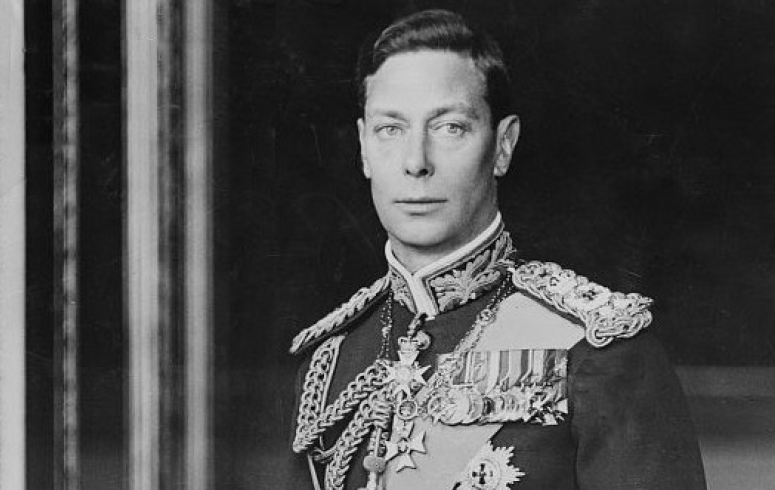
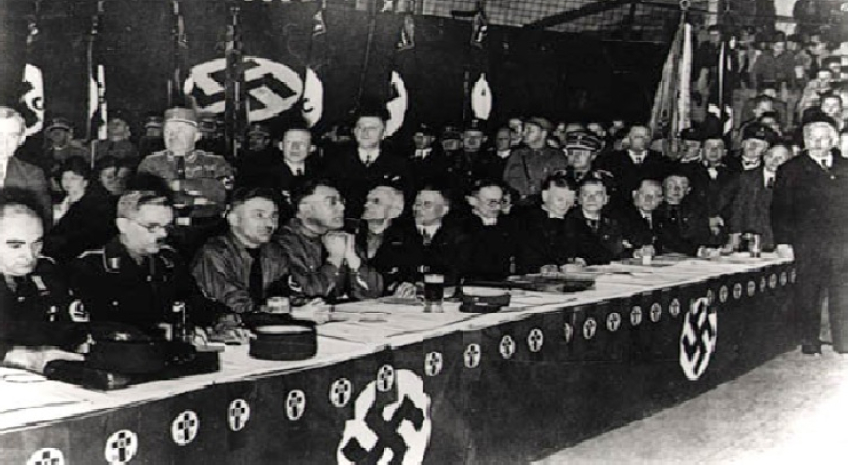
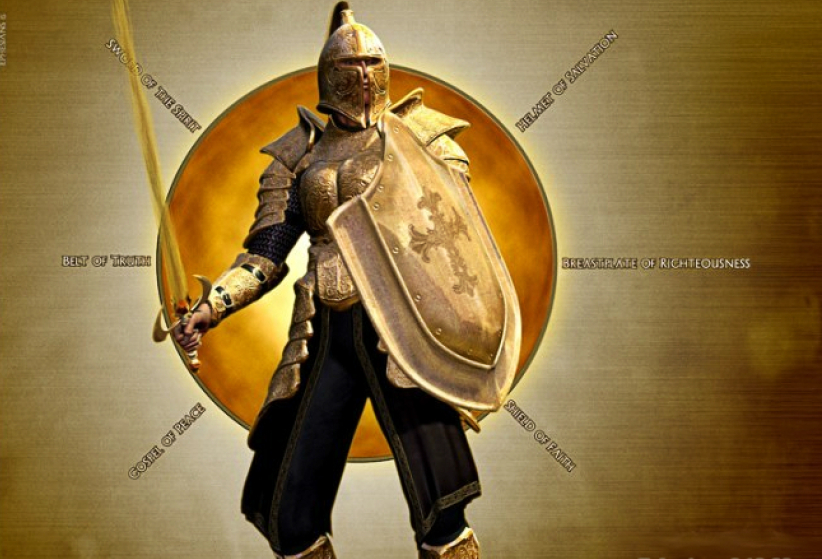 The Bible tells us, “We are not wrestling against flesh and blood but against For our struggle is not against flesh and blood [contending only with physical opponents], but against the rulers, against the powers, against the world forces of this [present] darkness, against the spiritual forces of wickedness in the heavenly (supernatural) places.” (Ephesians 6:12 AMP)
The Bible tells us, “We are not wrestling against flesh and blood but against For our struggle is not against flesh and blood [contending only with physical opponents], but against the rulers, against the powers, against the world forces of this [present] darkness, against the spiritual forces of wickedness in the heavenly (supernatural) places.” (Ephesians 6:12 AMP)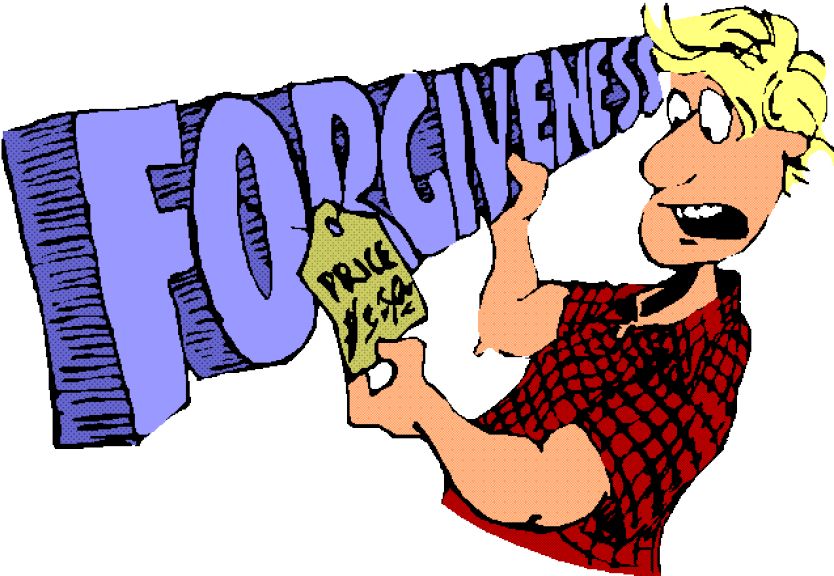 All the hatred and bitterness you see right now between white and black or black on black crime comes from unforgiveness. The Bible tells us that resentment or bitterness causes trouble and bitter torment, and many become contaminated and defiled by it (see Hebrews 12:15).
All the hatred and bitterness you see right now between white and black or black on black crime comes from unforgiveness. The Bible tells us that resentment or bitterness causes trouble and bitter torment, and many become contaminated and defiled by it (see Hebrews 12:15). 